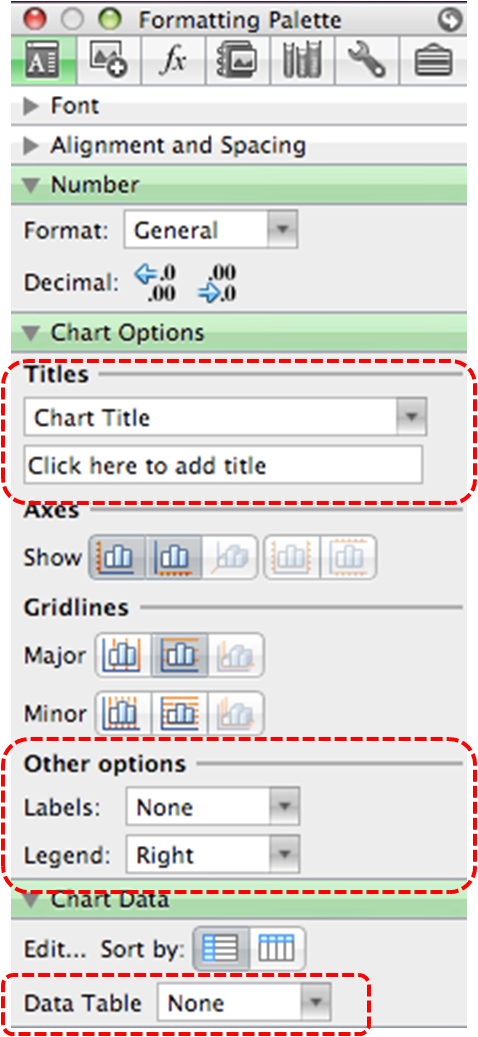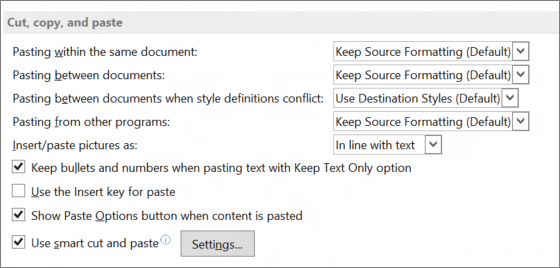


In this Research Note, we use the term "appraisal value lower than contract price" to refer to appraised values that are lower than the contract price for home purchases. 8 With these assumptions, we compare the appraisal value to the contract price, which we take as the benchmark in purchase transactions. Our research is based on two assumptions: (1) markets for home sales are functioning well, regardless of the share of minority people living in a neighborhood and (2) the contract price is a reasonable benchmark in purchase transactions. The focus of our research is to study whether the appraisal outcome is different for minority groups versus the White group. IntroductionĪn appraisal is meant to opine on the market value of a home, so that lenders have adequate collateral for the loan. Our preliminary modeling results suggest that a property is more likely to receive an appraisal lower than the contract price if it is in a minority tract. Finally, in the fifth section we build models to test whether the minority tract flag based on the minority concentration in the tract explains appraisal gaps beyond structural and neighborhood characteristics. Our research shows that differences in comparable sale (or comp 6) distances, comp reconciliation, 7 variances in sale prices of comps, and possible systematic overpayment for properties by minorities cannot explain the appraisal gaps for minority tracts observed in our data. In the fourth section, we explore several possible explanations for the observed appraisal gaps in minority neighborhoods. Our analysis shows gaps for a large fraction of appraisers who provide valuations in both minority and White tracts. In the third section, we test whether the observed gaps are driven by only a few appraisers. Second, we examine the raw differences in the percentage of applicants that receive an appraisal value lower than the contract price and find that minority applicants are more likely to receive an appraisal value lower than the contract price.Īfter observing these gaps, we conduct exploratory research to begin to understand what causes the valuation gaps for minority versus White tracts. 4 We find substantial appraisal valuation gaps 5 for minority versus White tracts. 3įirst, we examine the raw differences in the percentage of properties that receive an appraisal value lower than the contract price in minority tracts compared to those in White tracts. To follow up on several stories of potential purchase appraisal 1 bias in various news outlets, 2 Freddie Mac kicked off a study of whether minorities are more likely to receive an appraisal value that is lower than the contract price during purchase transactions. My Home by Freddie Mac® Resources to help you rent, buy and own your home.ĭo we own your mortgage? Find out if Freddie Mac owns your loan using our secured lookup tool.ĭid we finance your apartment? Use our lookup tool to see if Freddie Mac financed your apartment building.ĬreditSmart® Financial and homeownership education resources all about you. View sites for Renters, Buyers and Owners.Optigo Academy One-stop learning for Optigo lenders. Multifamily Division For Optigo® lenders, investors and borrowers.
IS WORD 2008 FOR MAC STILL THE BEST HOW TO
Seller/Servicer Guide Learn how to work with us with our Guide Bulletins and Industry Letters. I don't think that most people will keep their Mac for a decade, but the fact that my vintage iMac still runs without any hitches is enough of a reason for me to continually recommend people seriously consider the platform.Single-Family Division Insights, products, and technology to help you grow your business.Ĭlient Resource Center Resources, training, System Status, and FAQ to help you run your business.
IS WORD 2008 FOR MAC STILL THE BEST FREE
Great-looking and -feeling hardware, consistently updated software, free in-person tech support, and inter-device connectivity all come at a cost. There's no getting around the fact that buying a Mac is expensive, but it's easier to justify the price of one when you think about what you're getting. Knowing what you're getting makes the price of a Mac easier to justify. After using a Mac, most PCs feel a little clunky, or at the very least not as well put together. This is the strongest material case in the "you get what you pay for" argument, so it shouldn't be overlooked. I'm not saying I agree with every decision the company has made, or that there aren't nicely designed PCs out there, but it's hard to argue that Macs don't look and feel great. Function will always be more important than form, but it is nice that Apple takes the time to carefully design its computers.


 0 kommentar(er)
0 kommentar(er)
